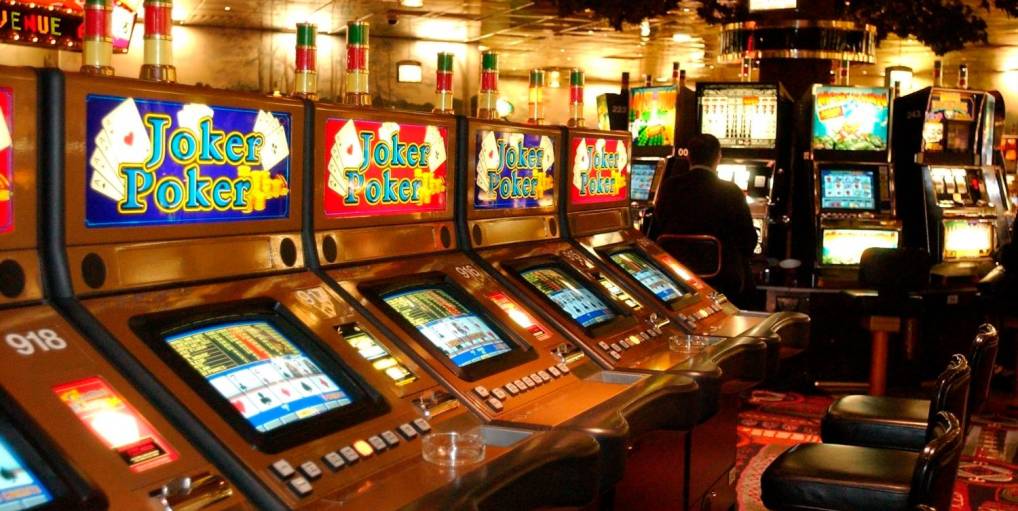
In the lively world of betting, casino games have long captured the imagination of players around the globe. These games, including classic table options like Texas Hold’em to the rotating reels of slots, offer an captivating blend of randomness and strategy. While luck undeniably plays a important role in shaping outcomes, the importance of knowledge in many casino games cannot be neglected. Grasping how expertise shapes gameplay can enhance not only a participant’s experience but also their likelihood of achievement.
As we delve deeper the inner workings of casino activities, it becomes clear that some demand a strong foundation of understanding and planning. Activities like poker require more than mere fortune; they call for analytical thinking, psychological insight, and calculated decision-making. In comparison, other activities, such as roulette and slots, are primarily based on luck, allowing participants to rely solely on fortune. This contrast raises fascinating questions about what really drives victory in the domain of casinos and how a player’s skill set can tilt the balance in their advantage.
Understanding Skill versus Luck in Casino Activities
Within the sphere of casino games, the discussion between skill and luck is a long-standing one. Numerous games are often divided into two groups: those that rely predominantly on randomness, such as slots and the wheel, and those where skill plays a crucial role, like poker and blackjack. The distinction is crucial because it influences not only gameplay strategies but also the approach players take when engaging with these games. Although luck can play a decisive role in the short term, skilled players can improve their odds of winning over the extended period in skill-based games.
Skill-based games, especially poker, require players to comprehend odds, psychology, and game strategies. A seasoned poker player can analyze opponents, make strategic bets, and know when to fold, all of which can lead to more successful outcomes. Conversely, in games that are purely chance-driven, no amount of skill can alter the odds. This means that while a player may win big in one session, their success may often be subject to the whims of random outcomes rather than any strategic expertise.
In the end, both skill and luck coexist in the world of casino games, creating a dynamic environment for players. While games of chance can provide excitement and instant gratification, mastery and strategy in skill-based games offer a richer level of engagement for those willing to dedicate time in refining their craft. This interplay between skill and luck defines the journeys of players and shapes their connection with the games they select to play.
The Impact of Ability on Game Outcomes
In the realm of gambling games, skill plays a key role in determining the results, especially in activities where strategy and decision-making are paramount. For instance, in poker, players must examine rivals, calculate odds, and make calculated bets to enhance their chances of succeeding. Unlike activities that rely purely on luck, such as slots or the roulette wheel, poker demands an understanding of both the rules and the behavior of other participants, making expertise a critical component of victory.
Other skill-based games, like the game of blackjack, also highlight the significance of player expertise. Knowledge of basic strategy, card counting, and when to hit or stand can dramatically influence the house edge. A proficient blackjack player can lower this edge and improve their chances of winning significantly. PG88 This contrasts sharply with games that do not allow for such tactical play, demonstrating how the level of expertise influences the potential for favorable outcomes.
Moreover, even within games deemed primarily luck-based, like the game of craps, the choices made by players can influence their overall performance. Choosing the optimal bets, understanding the odds of different outcomes, and controlling one’s funds are essential aspects that can enhance a participant’s experience and results. Thus, while luck remains a factor in gambling, skill can significantly influence how efficiently players navigate these settings, leading to more positive results.
Tactics for Proficient Play in Gaming Establishments
To thrive in gambling games, players must develop a solid comprehension of the regulations and odds involved in various games. This essential knowledge enables individuals to make educated decisions, especially in skillful games like Texas Hold’em and 21. Familiarizing oneself with game strategies, such as keeping track of cards in 21 or identifying wagering trends in Texas Hold’em, can significantly enhance a player’s chances of winning. Sharpening these strategies through practice games or lower-stakes games allows players to improve their skills without risking substantial amounts of money at stake.
One more key approach is money management. Players should create a budget before entering the gaming establishment and follow it strictly. This involves deciding how much they are prepared to lose and setting limits on how much they will wager in each session. By keeping a regulated approach to spending, players can maintain their play and reduce the chance of significant losses. Additionally, taking time-outs can help maintain a clear head and prevent impulsive decisions that often lead to bad gameplay.
Finally, managing emotions is vital in the high-stakes environment of a casino. Players must learn to manage their emotions, particularly during periods of success or losing runs. Staying attentive and not letting emotions dictate gameplay can lead to more sound decisions. Techniques such as taking deep breaths or walking away from the gaming table during intense moments can help maintain composure. By cultivating a steady state of mind, players can approach casino games with confidence and expertise, thereby enhancing their overall gaming experience and results.